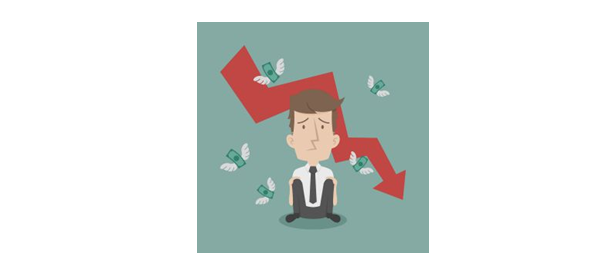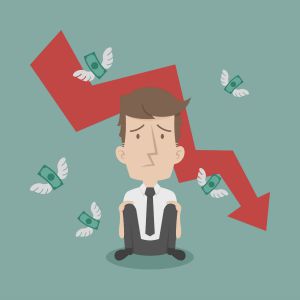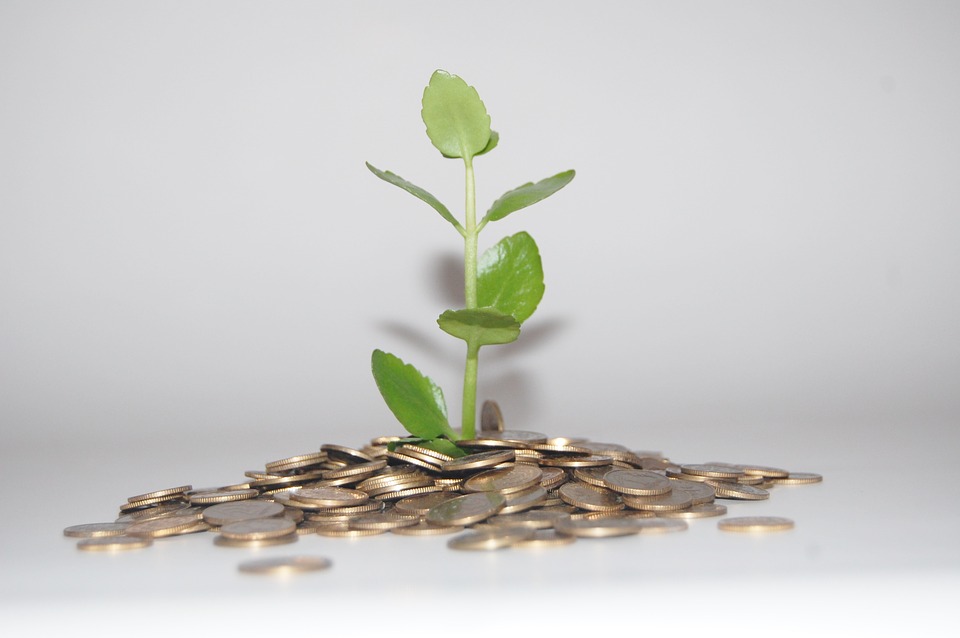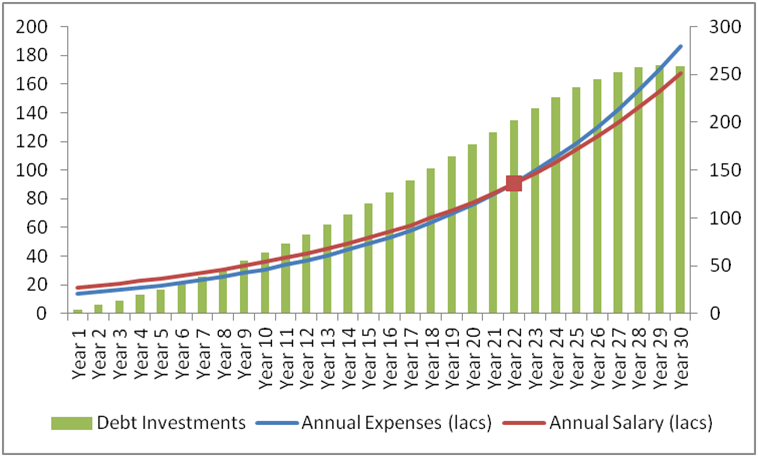Last few years had been great for the markets as Sensex and Nifty were unidirectional in just going up. So everyone wanted to start investing in equity. Why? Well, because equity is what is going up, everyone is investing and so I should too. Everyone wanted to start SIPs and turn into millionaires by their next birthday. The hysteria was unexplainable. But in such a situation, generally, because of the high demand and continuous flows coming into the market, stocks tend to get overvalued. Since everyone is hoping against hope, people are ready to pay prices they don’t understand.
However, like everything else in life, markets do reverse to their mean. And this means some volatility or correction happens with the slightest of triggers. Those triggers may have no immediate or long-term impact on the companies underlying the indices, but markets may react as if all hell has broken loose. The feeling is pretty much like how we feel when we are down with a 104-degree fever and we are sure we will not survive “just this time”. And this is when your equity funds portfolio might show a negative return.
Your portfolio will definitely show a negative return if you started your investing just a few months before the volatility started (In our case, those who started investing in 2017). This happens because all your investments happened at prices which were already high. In case of SIPs, each instalment was getting invested at a higher price. And because only a few such instalments got invested, even the tiniest of corrections will show you a negative portfolio.
So what should you do?
Well, this depends on what kind of an investor you are. If you are someone who can smile through the fever and have an unfailing belief on “this too shall pass”, then you should simply stick around.
But if you are someone who frowns and frets as soon as your investment drops by a few notches, you probably are not ready for equity yet. Also, if you thought that equity will multiply your wealth in next 2 years just because it did so for the last 2 years, you may again want to reconsider your decision of investing in equity mutual funds. But there is a solution for such investors too. Read here to find out what.





